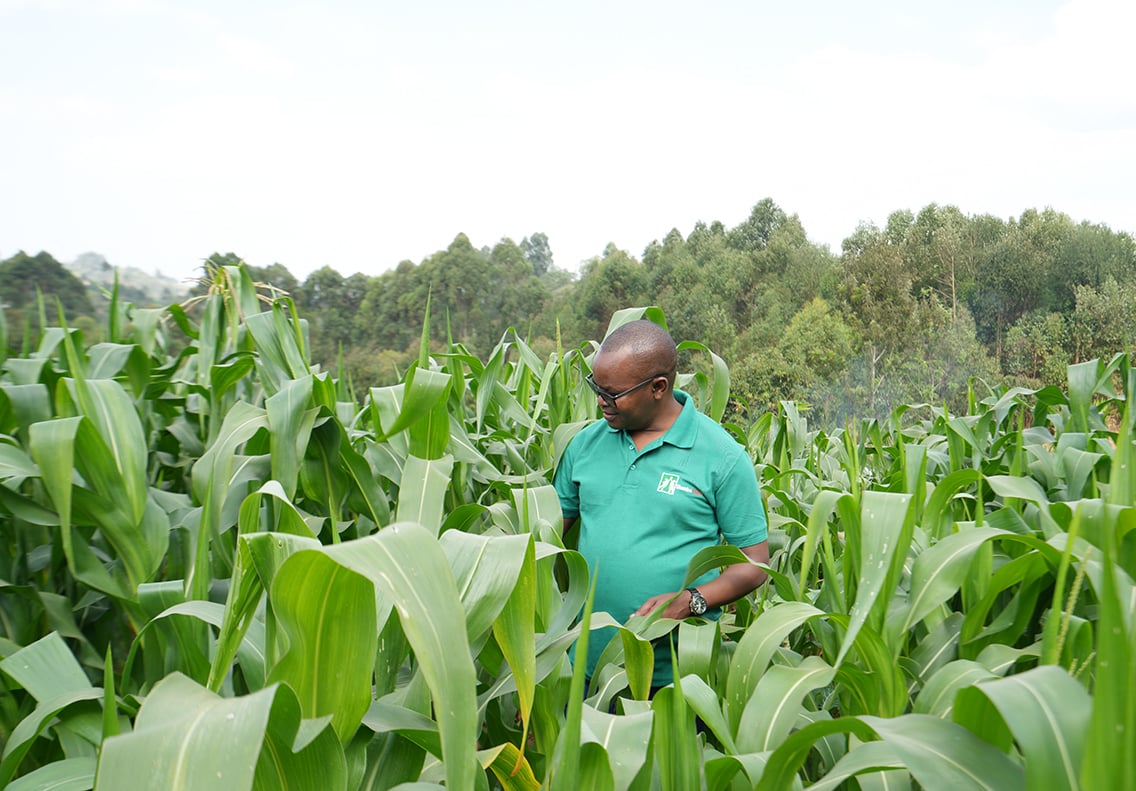This article was produced with the support of Boost Africa
Despite accounting for 18% of the global population, Africa attracts only 1% to 2% of global venture capital (VC), according to the European Investment Bank (EIB). This “VC gap” is a multifaceted challenge rooted in several structural issues.
First, there is a scarcity of patient capital: long-term, risk-tolerant funding tailored for startups in emerging markets. Second, local expertise in scaling businesses is limited, with many regions lacking the infrastructure to support high-growth enterprises. Third, blended finance models, which combine public and private resources to mitigate investment risks, are underutilised. Compounding these challenges is the issue of debt sustainability, which constrains African public sectors’ ability to invest in critical infrastructure, such as roads, energy grids, or digital networks, essential for economic growth.
The private sector, therefore, emerges as a linchpin for Africa’s development. However, private investors often hesitate due to perceived risks, including regulatory uncertainties, market volatility and limited exit opportunities for investments.
The Boost Africa initiative was deployed in 2020 by the EIB and the African Development Bank (AfDB) with support from the European Commission. As a flagship programme aligned with the EU’s Global Gateway strategy, which promotes support to the private sector for creation of sustainable economic opportunities and jobs, Boost Africa supports the UN Sustainable Development Goals (SDGs), particularly SDG 8 (decent work and economic growth) and SDG 9 (industry, innovation and infrastructure). By channelling investments into venture capital funds that back tech startups and high-growth enterprises, Boost Africa fosters innovation ecosystems, drives job creation and promotes inclusive economic growth across Sub-Saharan Africa.
Boost Africa’s approach is holistic, combining provision of financial capital with technical assistance to empower both fund managers and entrepreneurs, build resilient businesses and attract private investment.
The broader context of Africa’s financing challenges underscores the urgency of Boost Africa’s mission. Public sectors across the continent face high debt levels, volatile commodity prices and climate vulnerabilities, which limit their capacity to fund development projects. For instance, infrastructure deficits such as unreliable electricity or limited internet access hinder economic progress. The private sector, with its agility and innovation, is well-positioned to fill this gap, but it requires support. Boost Africa’s model is a game-changer, creating a ripple effect that strengthens entrepreneurial ecosystems and drives sustainable development.
Programme overview
EIB’s support for private equity and venture capital funds operating in Africa spans decades. The bank has so far invested over €3.8bn of its own money across 178 funds operating on the continent. This seed money has attracted over €32.4bn from a pool of investors who see the Bank’s early investment as a seal of approval.
Through the Boost Africa initiative EIB looks to work with fund managers that have investment strategies that create win-win outcomes for both European and African partners, able to generate commercial returns that would attract private capital in the long run.
Boost Africa’s financing model is both innovative and catalytic, designed to maximise impact in a capital-constrained environment. The EIB has already committed €78m to the initiative, which has mobilised an additional €382m from partners, including the European Commission.
This funding supports six venture capital funds, which have invested in 73 companies across Sub-Saharan Africa, targeting high-impact sectors: information and communication technology (ICT), agribusiness, financial services, health, education and renewable energy. These sectors are critical for addressing Africa’s development challenges, from digital inclusion to food security and climate resilience.
The initiative’s structure is built on the principle of de-risking investments to attract private capital, given that the perceived risk of investing in Africa is far greater than the actual risk. Through structured junior tranches or subordinated tranches, public institutions like the EIB commit to absorbing initial losses should there be any, shielding or reducing the risk for private investors and encouraging greater participation in Africa’s VC ecosystem with an aim of making it self-sustaining in the long term.
Technical Assistance Facility
Technical assistance is a cornerstone of Boost Africa, delivered through the Boost Africa Technical Assistance Facility (TAF). This provides tailored support to fund managers and entrepreneurs, enhancing operational skills, refining business models, providing networking opportunities and addressing market-specific challenges.
For example, TAF helps startups navigate regulatory hurdles, develop scalable technologies and access new markets. The EIB Global Impact Report 2024/2025 underscores Boost Africa’s alignment with broader EU priorities, noting that 60% of EIB Global’s €7.9bn of projects in 2024 target climate action and environmental sustainability, with €6.7bn supporting Global Gateway objectives. Boost Africa’s focus on sectors like renewable energy and digital connectivity directly contributes to these goals.
The initiative’s geographic focus spans key regions, including East and West Africa, where entrepreneurial ecosystems are rapidly evolving. By supporting early-stage and growth-stage enterprises, Boost Africa creates a pipeline of investable companies, fostering a virtuous cycle of innovation and investment.
Impact and results
Boost Africa’s outcomes are quantifiable and far-reaching: 94% of funded founders have raised over $1m in follow-on capital, signalling strong investor confidence in the initiative’s portfolio, and 65% of entrepreneurs supported studied abroad and returned to Africa, bringing global expertise to solve local challenges.
Gender and youth inclusion are central to Boost Africa’s mission. The initiative prioritises women-led businesses and young entrepreneurs, addressing systemic inequities in access to finance.
By supporting incubators, accelerators and fund managers, Boost Africa strengthens innovation ecosystems, creating a ripple effect that attracts private investment and fosters sustainable growth.
Boost Africa serves as a replicable model for supporting entrepreneurship in emerging markets. As global VC flows evolve, Boost Africa remains a beacon of hope, empowering entrepreneurs, creating jobs and advancing SDGs. With continued investment and strategic partnerships, it can catalyse a continent-wide entrepreneurial renaissance, fostering prosperity for generations to come.

 Sign in with Google
Sign in with Google 



